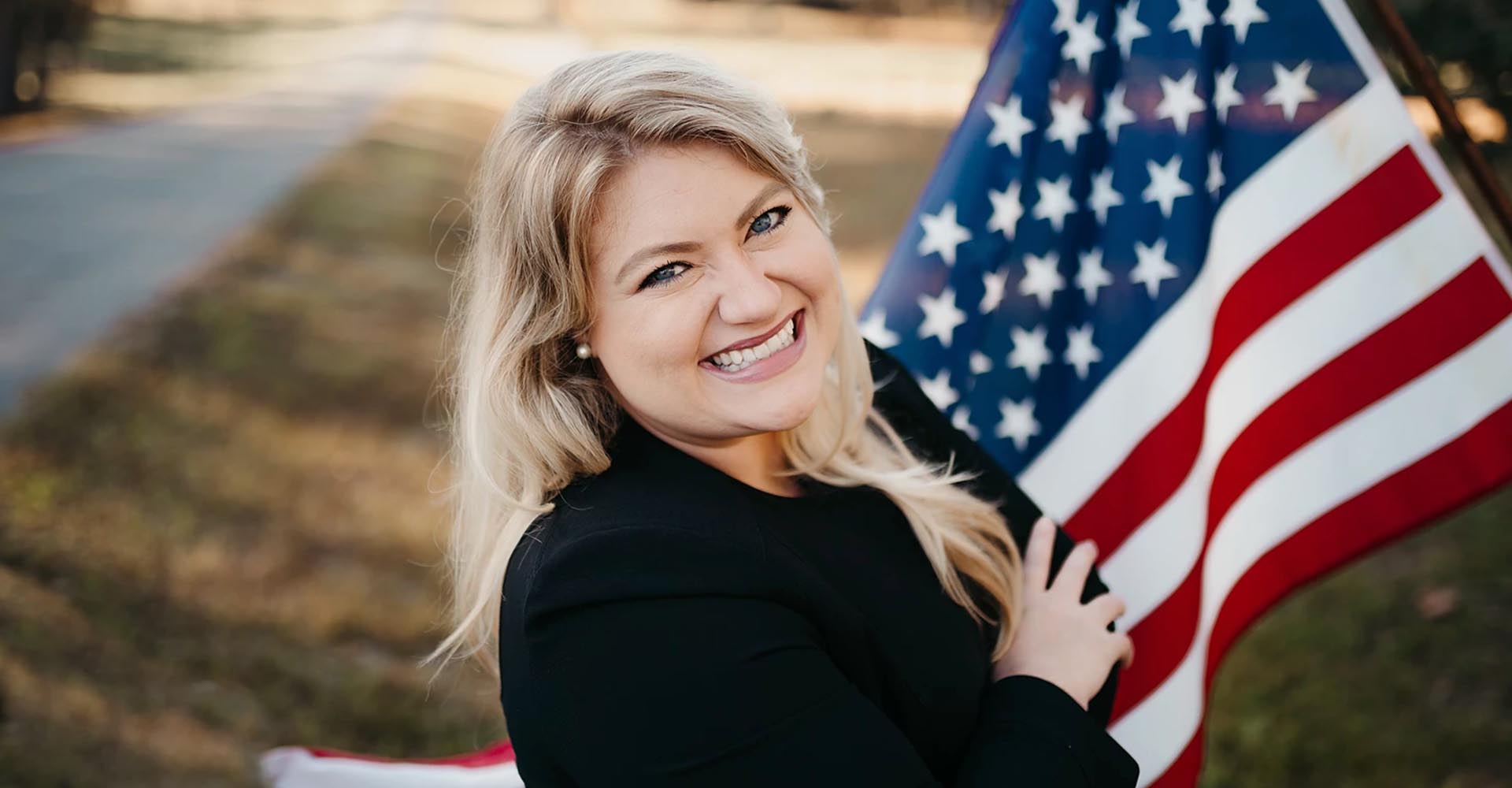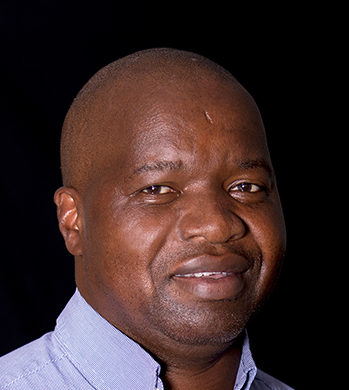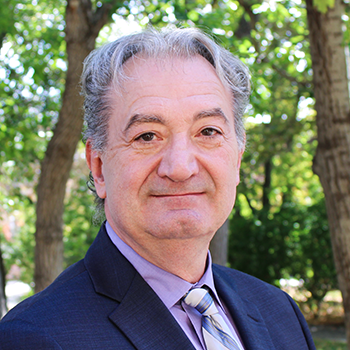Kat Cammack was once homeless. Now, she’s the youngest Republican woman in the U.S. House.
The new U.S. representative is the first MSU Denver graduate elected to Congress. Here’s how she worked her way from a Castle Rock ranch to the Auraria Campus to Florida’s 3rd Congressional District.

Kat Cammack showed up a little early for her first day of work as campaign manager of Florida Republican Ted Yoho’s 2012 congressional campaign.
She pulled into her new boss’ driveway at 2 a.m., having just driven 1,700 miles through the night in a Nissan Maxima overflowing with all her possessions, including fishing rods poking out a rear window.
The Metropolitan State University of Denver grad was all-in on Yoho’s upstart bid to defeat a 12-term incumbent for Florida’s 3rd Congressional District, and when he won, the then-24-year-old campaign manager was promoted to deputy chief of staff. In 2019, four terms later, Yoho announced his retirement and endorsed Cammack to fill his seat.
This past November, Cammack, 32, was elected to the U.S. House of Representatives in Florida’s 3rd District almost a decade after she and her mother experienced homelessness in Colorado. Sunday, she was sworn in as the youngest Republican woman in Congress and MSU Denver’s first graduate to be elected to Congress.
“It’s important to me that people can see that no matter where you come from, no matter what school you go to, you can do whatever you want with your life,” she said. “MSU Denver is the type of institution that produces people that know how to operate in the real world. It’s that grit, that scrappiness, that you have to have. That’s the type of person that we need in Congress.”
Dual lives, dual diplomas
That early 2012 morning in Yoho’s driveway, Cammack was understandably eager to start something new after leaving her home state of Colorado because she no longer had a home.
She and her mother had been evicted from their Castle Rock ranch four months prior and were living in a motel when a family friend recommended Cammack to Yoho’s campaign. The job provided an escape even if the candidate was a long shot. She recalled thinking at the time that she would spend a year working in politics while figuring out how to get her mom back on her feet and planning her next move.
Cammack and her mother represent one of almost 10 million American households that lost their homes in the foreclosure crisis that began in 2007. A “one-size-fits-all government program” incentivized banks to foreclose on families during the Great Recession, she said.

“We got the word in April 2011 that we were losing the ranch, and at the time we were really struggling, I didn’t have a whole lot of money,” she said. “At that point, I was a student trustee and I was working some odd jobs on the side, (one of which was) as an auctioneer, of all things.”
As the student representative to the MSU Denver Board of Trustees, Cammack participated in high-level decisions, including the school’s transition from a college to a university and a new name. While she thrived academically, only her closest friends knew about her living situation.
Cammack recalled attending a spring 2011 black-tie event for the University while homeless, working as an auctioneer and presiding over a contest where the winner was whoever spends the most money.
“It was such a surreal experience living dual lives, and no one really knew,” she said. “I remember paying for gas with pocket change. You’re never appreciated in a gas station when you go into prepay for the gas with dimes, nickels and pennies, just to get 2 gallons.”
Cammack and her mother were given three weeks to vacate their ranch, weeks before the standout student was set to graduate. She couldn’t finish a senior honors thesis under the circumstances but was allowed to participate in Commencement after being told she could complete those final credits later.
Busy with Yoho’s campaign and her work on his congressional staff, Cammack didn’t return to academia until 2015, when an opportunity to attend graduate school at the U.S. Naval War College reignited her fire to finish her degree. She earned an individualized degree in international relations with an emphasis on trade and commerce and a minor in economics from MSU Denver and then went on to complete a master’s in national defense and strategic studies from NWC.
Through it all, Cammack has kept a Roadrunner bobblehead with her on her journey, a reminder of where she came from and the traits that are taking her where she’s going.
“You have to learn to take advantage of every opportunity in front of you and see it as an opportunity rather than a challenge,” she said. “If I hadn’t run (for Congress), I don’t think I could look my future kids in the eye and tell them that I did absolutely everything that I possibly could before they were born to preserve a country for them that was about equal opportunity.”
Making connections
In addition to representing her alma mater in Washington, D.C., Cammack hopes to provide a voice for women and young people. She’s part of a record number of women serving in the 117th Congress, around 140 depending on the results of special elections, runoffs and the backfilling of seats vacated by presidential appointments.
“I’m coming in with a class of women that are badasses in their own right. They’re veterans, CEOs, executives. … That to me is special and a sign to women all across the country,” she said. “I’m the voice for millennials in the country too. People always joke, ‘We can’t do this because we’re putting it on the backs of our children and grandchildren.’ Well, now you’re putting it on my back and my generation, and we’re here now.”
Cammack says her top priority as a legislator is expanding broadband internet in rural and underserved areas. Covid-19 has exposed inequity in connectivity as remote work, online learning and telehealth require a device with reliable internet service.
“Whether it’s commerce or education or health care, we have to have every single American connected,” she said. “We can talk about the recovery from Covid and supporting small businesses, fixing health care. … All these things are very important, but if we don’t have the basic infrastructure in place, we’re putting the cart before the horse.”
Cammack says campaigning through a pandemic prepared her for anything. She credits her team’s quick and creative efforts to go digital for her successful election.
“The campaigns that did not succeed failed because they didn’t adapt,” she said. “There was a lot of uncertainty, and that was really a training ground for what we’re going to be seeing for the next decade.”







